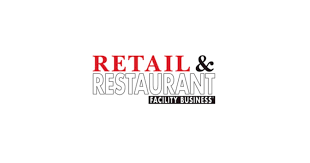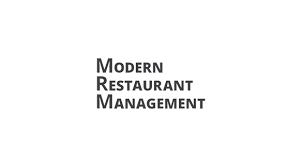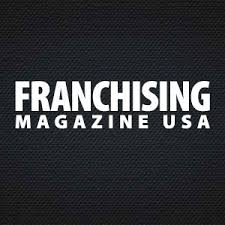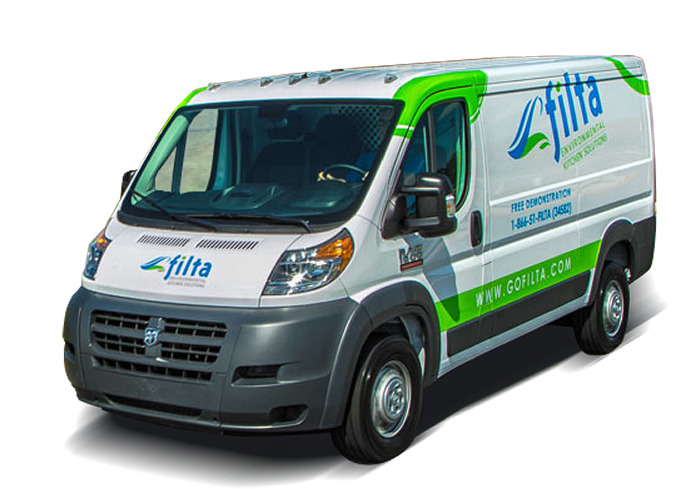As the heart of any culinary establishment, a well-functioning restaurant kitchen is crucial to delivering exceptional dishes and a delightful dining experience. One key factor that often goes unnoticed but plays a pivotal role is proper restaurant equipment maintenance. Neglecting this essential aspect can lead to disruptions, compromised hygiene, and even safety hazards. In this comprehensive guide, we’ll delve into the importance of restaurant equipment maintenance, what tasks should be performed regularly, and the risks of neglecting this vital routine.
Regular Maintenance for Smooth Operations
Commercial kitchen maintenance efficiency begins with a consistent routine of equipment upkeep. Here’s a breakdown of the key maintenance tasks that should be performed regularly to ensure your kitchen runs smoothly:
- Griddles and grills: Regularly clean and degrease griddles and grills to prevent the buildup of charred residue. Check for any signs of rust and address them promptly to extend their lifespan.
- Dishwashers and sinks: Keep dishwashers and sinks clean and sanitized. Regularly inspect for leaks and ensure proper drainage. Replace worn-out parts to prevent unexpected breakdowns during peak hours.
- Fryers: Change fryer oil at recommended intervals to maintain food quality and prevent oil degradation. Clean fryer baskets, heating elements, and interior surfaces to avoid flavor transfer and fire hazards.
- Cooking ranges: Clean burners, oven interiors, and exhaust hoods to prevent grease buildup that can lead to fires. Check gas connections and pilot lights for safety.
- Refrigerators and freezers: Regularly defrost and clean refrigerator coils to ensure proper cooling efficiency. Check door seals for any gaps that might compromise temperature control.
- Dry food storage: Organize and label dry food storage areas to prevent cross-contamination and ensure inventory accuracy. Regularly inspect for pests and address any issues promptly.
- Floors and food preparation surfaces: Clean and sanitize floors and prep areas daily to maintain a hygienic environment. Address any cracks or damage to prevent tripping hazards.
Daily, Weekly, and Monthly Maintenance
In addition to regular maintenance, some tasks require more frequent attention, while others take more time and effort:
- Daily: Wipe down surfaces, clean and sanitize utensils, and check for leaks or equipment malfunctions. Empty and clean grease traps and dispose of waste properly.
- Weekly: Deep-clean kitchen appliances, such as ovens and grills, and inspect for wear and tear. Sharpen knives and replace worn-out cutting boards.
- Monthly: Clean and calibrate ovens and other temperature-sensitive equipment. Inspect and clean exhaust hoods and ducts to prevent grease buildup.
Benefits and Dangers
Now, let’s explore the advantages of adhering to a rigorous restaurant equipment maintenance schedule:
- Improved efficiency: Regular maintenance ensures that your equipment operates at optimal levels, reducing energy consumption and saving costs in the long run.
Enhanced food quality: Well-maintained equipment preserves the integrity and flavor of your dishes, consistently delighting your customers. - Safety assurance: Prevent potential safety hazards such as fires, gas leaks, and electrical malfunctions by addressing issues through proactive maintenance.
- Extended lifespan: Proper care and maintenance can significantly extend the lifespan of your equipment, minimizing the need for frequent replacements.
On the flip side, neglecting restaurant equipment maintenance can lead to dire consequences:
- Downtime: Unexpected breakdowns can disrupt service, leading to frustrated customers and financial losses.
- Health violations: Poorly maintained equipment can compromise food safety and hygiene, potentially resulting in health code violations and reputational damage.
- Higher costs: Neglecting maintenance may lead to costly emergency repairs or premature equipment replacements.
In short, restaurant equipment maintenance is not just a routine chore; it’s a critical practice that ensures the smooth operation of your kitchen, upholds food quality and safety standards, and contributes to a positive dining experience. By implementing a structured maintenance plan and investing in regular upkeep, you’ll create a thriving culinary haven that consistently delivers excellence to your patrons.
As important as maintenance is, it can also be a full-time job, especially the more intensive cleaning that needs to be done weekly or monthly. For these tasks, rather than leaving it to the kitchen staff, it may be better to hire professional cleaning services that specialize in taking care of various parts of a commercial kitchen.
Keep Your Fryer Clean with Filta
We’re eager to provide you with our commercial kitchen solutions. We’re a mobile franchise that provides kitchens like yours with deep fryer oil filtering, floor drain cleaning, and cold storage humidity control. Our service is eco-friendly and helps you meet health and safety requirements. Request a free demo and learn more today.












